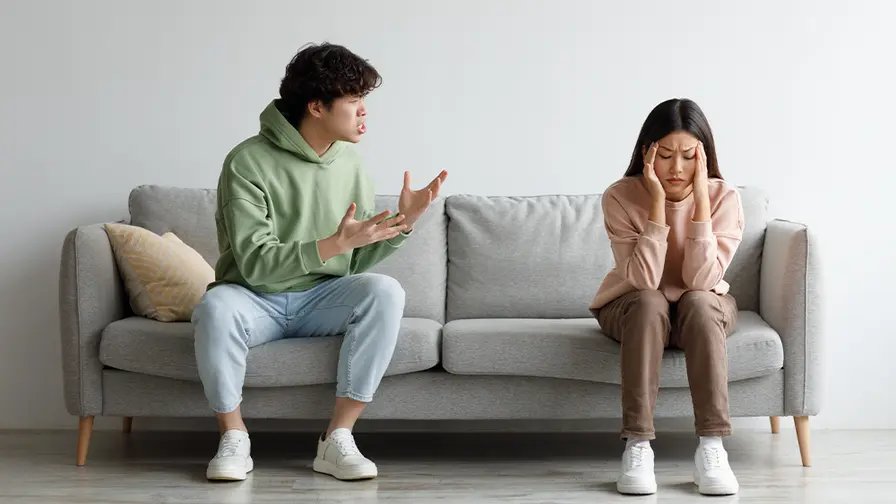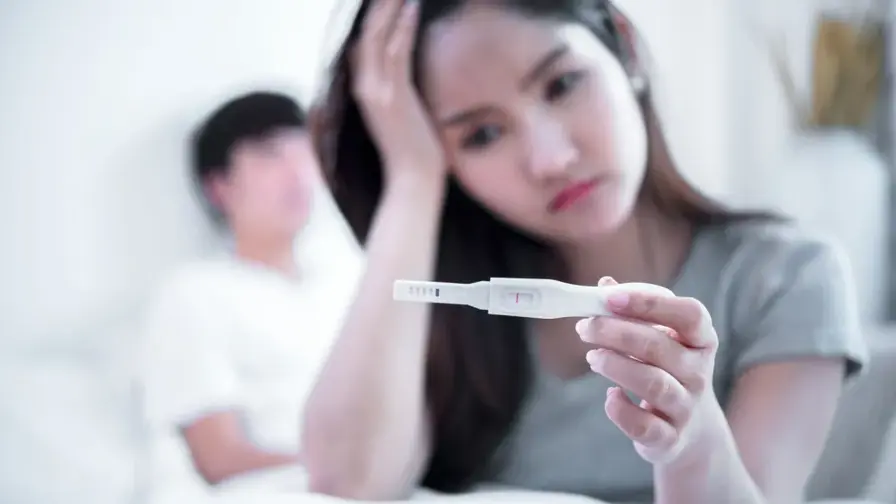Narcissistic men and men with low self-esteem both win the bid! Norwegian study says: 7 types of men are most likely to have "misogyny"

Are men who are excessively narcissistic or have low self-esteem a potentially high-risk group for misogyny? A recent report in the “Scandinavian Journal of Psychology” reported that compared with men who rated themselves as averagely attractive, men who rated themselves as the most attractive or severely unattractive were more hostile to women in the study.
Narcissistic men and men with low self-esteem both win the bid! Study reveals 7 types of men most likely to be misogynistic
This research was initiated by the University of Bergen in Norway. The research team found that in recent years, most of the misogynistic comments on the Internet have been made by involuntary single men. This group sees themselves as victims of feminism or egalitarianism, and most of them are heterosexual or cisgender men. To this end, the team gathered 473 single heterosexual men living in the UK, aged between 18-35, in an attempt to clarify the reasons for male misogyny.
In this experiment, the research team used measures such as the right-wing authoritarianism scale, the hostile sexism subscale, the misogyny scale, the Adult Rejection Sensitivity Questionnaire, and the Loneliness Scale. Multiple questionnaires to clarify the degree of misogyny of the subjects. The study also looked at how much time participants spent gaming and any potential symptoms of gaming addiction.
Are you more likely to be misogynistic if you’ve been denied a confession? Experts say male hostility has ‘significantly increased’
Preliminary analysis shows that “right-wing authoritarianism” has the highest correlation with misogyny, followed by attraction, loneliness, game addiction, rejection, and sexual partners. It is worth mentioning that among the subjects, the two types of people who believed themselves to be the least attractive (inferior self-esteem) and the most attractive (narcissists) showed more disgust towards women; and those who had the most sexual partners Those with a moderate number of sexual partners showed less hostility toward women than those with the fewest sexual partners.
In addition, among men who play video games, those with game addiction symptoms are more closely related to misogyny, while the total game time and number of game days are less related to misogyny. Confessing men who have been rejected by women are associated with increased hostility towards women, which means that this group is more sensitive to “rejection” and has a more negative and negative attitude.
Zhang Jiewen (transliteration), the lead author of the study, said that the results of this study show that extreme right-wing authoritarianism and perceptions of one’s own attractiveness may be key factors in determining whether men are misogynistic. However, this study has disadvantages such as insufficient sample size and low racial diversity. In the future, a larger sample will be needed to clarify the reasons for male misogyny.
Are men more likely to get “seasick” in relationships? You may experience more pain after falling out of love
However, Zhang Jiewen believes that this study also emphasizes that men who have “been rejected” are more likely to become misogynists, which is related to the difference in the emotional outlook between men and women. For example, Lancaster University in the UK analyzed more than 180,000 online posts and found that when men discussed the issue of “broken love”, they more often mentioned keywords such as “heartache”, “regret” and “heartbreak”. The topics were relatively Focusing on the relationship history itself, the wording is also relatively negative.
On the contrary, women who are considered to be more emotional and emotional often mention more realistic keywords such as “finance”, “household affairs”, “body” and so on when dealing with love break-up issues, and the issues are also more macro-level. Charlotte Entwistle, the lead author of the study, said that this shows that modern men may be susceptible to negative relationship outcomes, and may also experience more pain after falling out of love or being rejected; some ethnic groups even turn this into misogyny, showing An angry and resentful attitude.
Feminists don’t hate men? Study reveals: No different than non-feminists
As for women, do they also have misandry? The study published in “Psychology of Women Quarterly” included feminists from Italy, Poland, the United States, the United Kingdom, India, China, Japan, South Korea and other countries, with a total of 9,799 participants. There were also researchers and subjects in Taiwan. those involved.
To the surprise of the research team, feminists from Western countries mostly adopt “positive attitudes” towards men, which are much higher than neutral or basic values, and are even no different from non-feminists.
From the perspective of Eastern countries, there is still no significant difference in attitudes between feminists and non-feminists. The research team believes that there may be a huge fallacy in the view that feminists hate or even hate men. Even feminists who have participated in or supported the “#metoo” movement in recent years are generally angry about men’s violence or oppression of women, but this does not affect their overall evaluation of men.
Source:
Dirty Laundry: Seeking Relationship Help Online
Men Experience More Emotional Pain During Breakups
New Study Debunks the Myth that Feminists Hate Men
Predicting hostility towards women: incel-related factors in a general sample of men
The Misandry Myth: An Inaccurate Stereotype About Feminists’ Attitudes Toward Men





